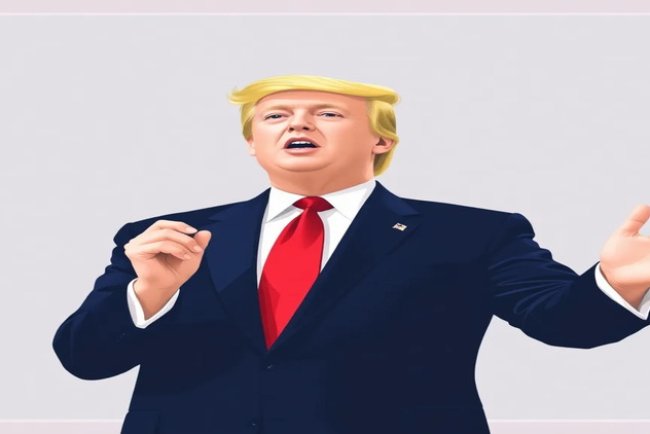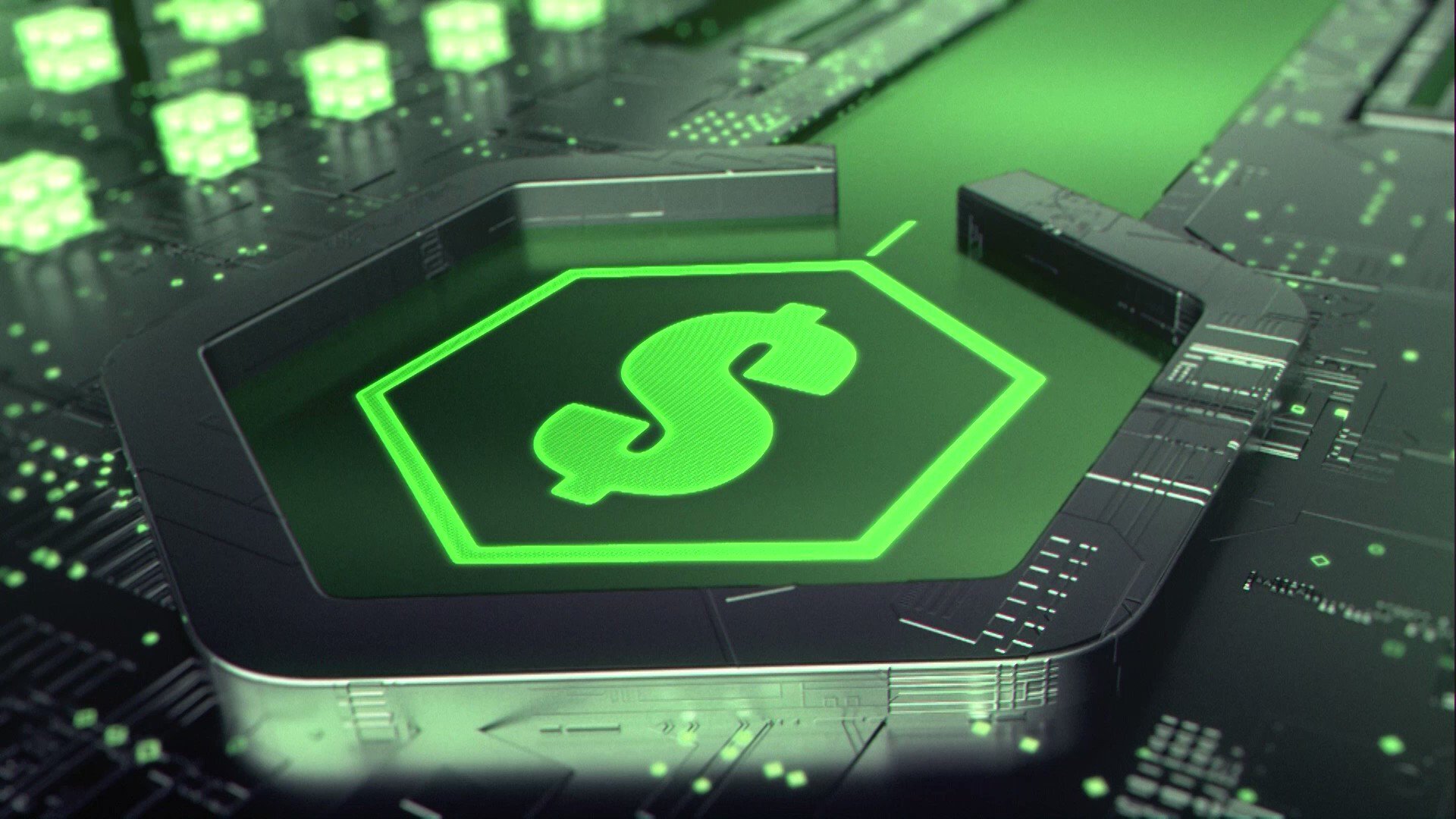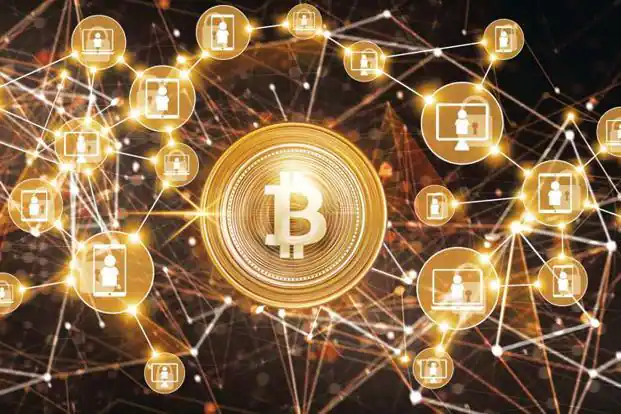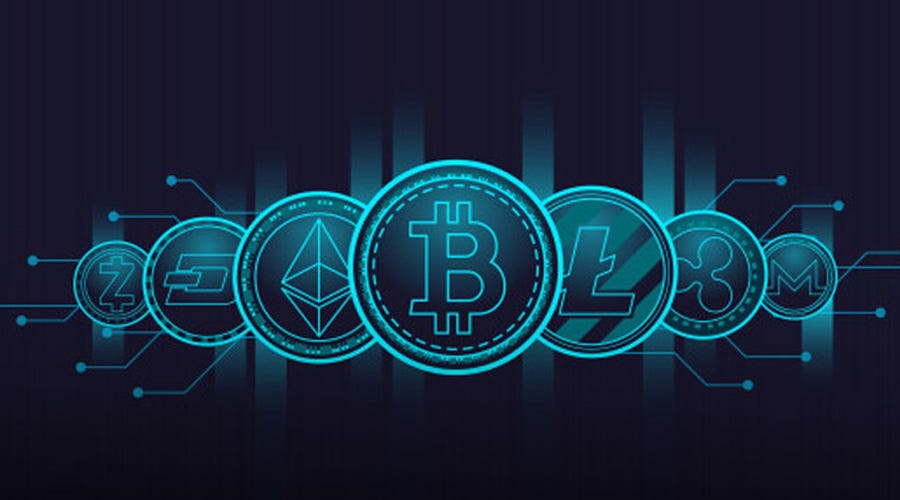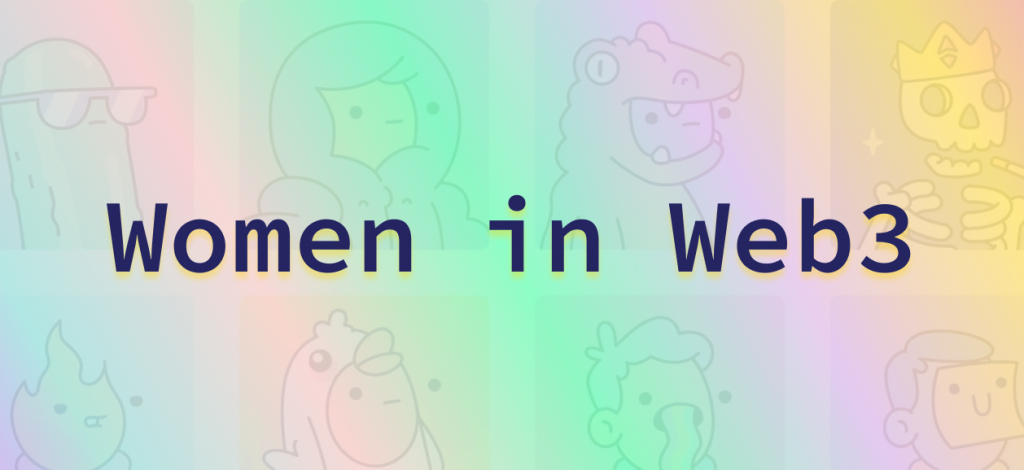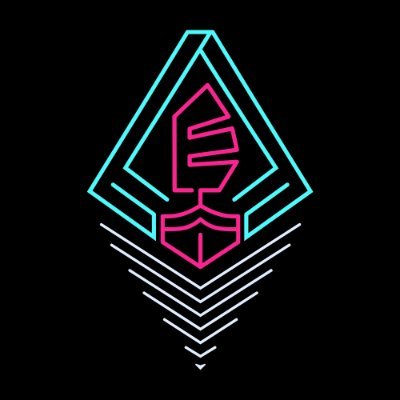Examining the True Decentralization of DAOs Today
This article explores the complexities of decentralization in DAOs, highlighting transparency issues and the ongoing commitment to decentralized principles.
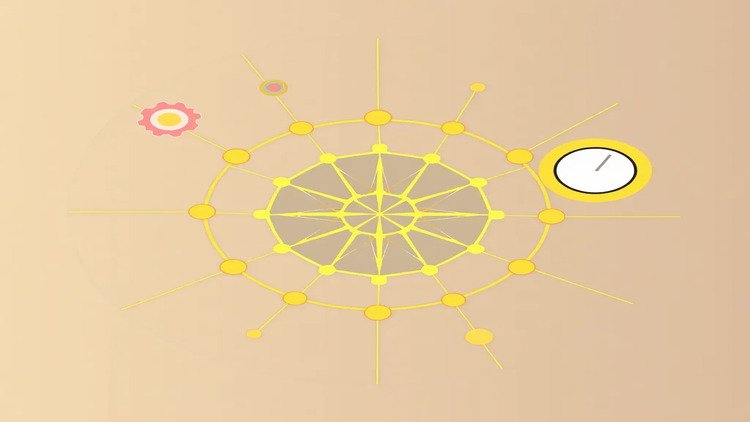
Understanding DAOs
Decentralized Autonomous Organizations (DAOs) represent a fascinating concept in the realm of blockchain technology.
- A DAO operates similarly to a private company but allows for open discussions among numerous token holders regarding product and organizational strategies.
- Unlike traditional companies, the foundational security of a DAO's products, which are smart contracts, is completely transparent and accessible.
- This level of openness would be unthinkable in conventional markets, where businesses guard their strategies closely to maintain competitive advantages.
In the world of Web3, however, this transparency is standard practice, with a staggering $21.4 billion in value tied to these norms.
The Reality of Decentralization
Despite the ideal of decentralization, most DAOs are only partially decentralized.
- For instance, when Uniswap announced its plans for Unichain, many DAO delegates felt excluded and uninformed throughout the process.
- Similarly, the governance contracts of Optimism DAO are not directly controlled by its token holders, rendering their votes more of a suggestion to the Optimism Foundation rather than a formal decision-making tool.
Furthermore, it is widely acknowledged that many DAO treasuries and smart contracts are still managed by a small group of trusted stakeholders using multisig wallets.
The Shades of Gray in Decentralization
The term "decentralized autonomous organization" can be misleading, as there are various degrees of decentralization.
- Tally's founder, Dennison Bertram, expressed that while DAOs have room for improvement in decentralization, the partial transparency they offer is still preferable to complete opacity.
- He highlighted examples from traditional tech companies, like Twitter under Elon Musk, which could arbitrarily change access to its API, demonstrating the risks of centralized control.
Despite these challenges, the commitment to decentralization within the industry remains strong and is often underestimated.
The Future of DAOs
While DAOs may struggle with full decentralization, the crypto industry's dedication to the principles of decentralization allows for critical discussions about the centralization issues that still persist.
-
The culture surrounding decentralization is gradually diminishing but will continue to be important as cryptocurrency gains mainstream traction.
-
It is essential to value and uphold the principles of decentralization while they are still influential in shaping the future of DAOs.
Stay informed with top crypto insights and updates from various newsletters.
What's Your Reaction?









